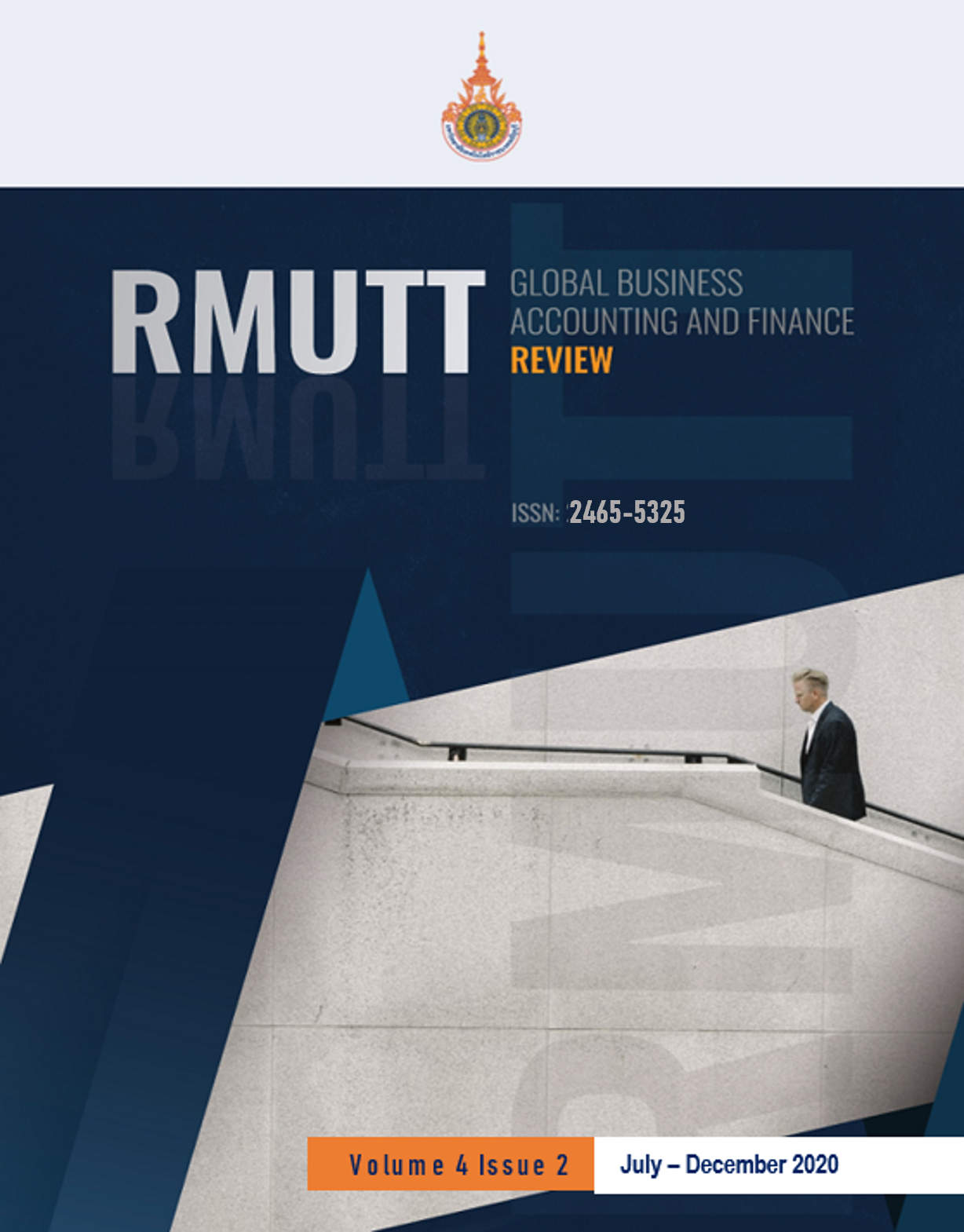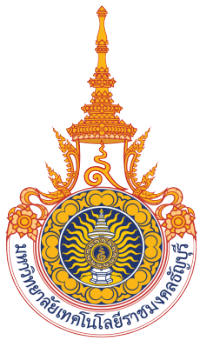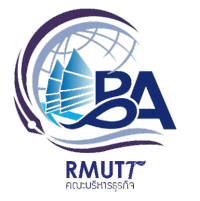A STUDY OF HOUSEHOLD ACCOUNTING AND ITS PROBLEMS FOR THE JOB COSTING CALCULATION OF THE PROFESSIONAL GROUPS IN NONGMAKHA VILLAGE, NONG TA TAEM SUB-DISTRICT, PRAN BURI DISTRICT, PRACHUAP KHIRI KHAN
Keywords:
Household Account, Income, Expenditure, Occupational Cost AccountAbstract
The purpose of this research was to study household accounting and its problems for the job costing calculation of the professional groups in Nongmakha village, Nong Ta Taem sub-district, Pran Buri district, Prachuap Khiri Khan. The study’s data were collected by in-depth interviews and were analyzed using Pearson Correlations Coefficient.
The result of the study revealed that the farmers know the significance and benefits of household accounting, and they can apply the knowledge that gained from training courses from various departments to create their household accounting. After getting the trainings, the farmers know the difference between the household expense and job expense and create their own household accounting and job accounting in the same book, whereas some people hadn’ t created yet because the accounting’ s difficulty and exhaustion from work. As the problems of creating household accounting for the job costing calculation was the quantity of family’ s members and their occupations, but educational level and average income was not.
References
Cooperative Auditing Department (2018). Project to promote the preparation of occupational cost accounting for farmers. Retrieved from http from: //www.cad.go.th.
Grindle, M. S. (2004). Good enough governance: poverty reduction and reform in developing countries. Governance, 17(4), 525-548.
Imwidthaya, P. (1995). Mycotic keratitis in Thailand. Journal of medical and veterinary mycology, 33(1), 81-82.
Llewellyn, S., & Walker, S. P. (2000). Household accounting as an interface activity: the home, the economy and gender. Critical Perspectives on Accounting, 11(4), 447-478.
Office of Agricultural Economics. (2014). Occupational cost accounting project to help farmers make accounting. Retrieved from http://www.oae.go.th.
Piboolsravut, P. (2004). Sufficiency economy. ASEAN Economic Bulletin, 21(1), 127-134.
Research Fund Office (2010, 16 September - October). Debt Amendment Project, Reduction of Debt, Member of the General Assembly. Research Community, 93, 60-62.
Petchpradab, N. & others. (2013). The results of academic service, knowledge, cost accounting per group of housewives, Village No. 23, Kosit Sub-district, Tak Bai District, Narathiwat Province. Narathiwat Rajanagarindra University.
Singiam, S. (2010). Household accounts can help. Retrieved from From http://www.trf.or.th/community-locality-society-news/2658-2010-10-28-11-42-12.
Teerakanon, A. & Onputtha, S. (2019). The Study of Motivation in Executing Household Accounting by People in Thanyaburi District, Pathum Thani Province. Proceedings of the 8th National Academic Conference Phayao Research on the theme "Education Disruption" (pp.2479- 2492). Phayao: Phayao University.
Thaweechan, S. (2013). Integral Household Accounting for Accounting Wisdom Encouragement According to Philosophy of Sufficiency Economy : A Case Study of Banklang Community,
Khayoong Subdistrict, Utumpornpisai District, Sisaket Province. Sakon Nakhon Graudate Studies Journal, 10(48), 7-15.









